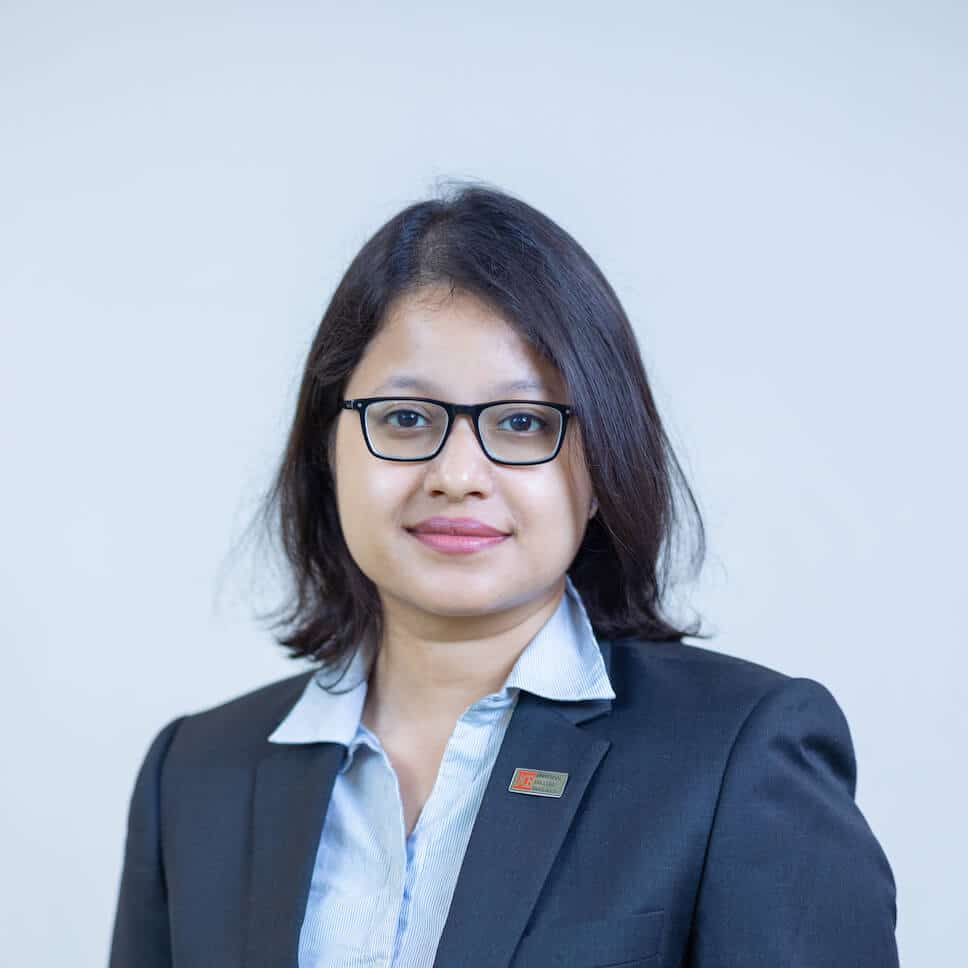

This 3-year degree is designed to provide you with the knowledge and skills to understand cyber threats and build secure systems that meet industry standards. You’ll learn how to identify vulnerabilities, understand attack methods, and protect systems from malicious threats. Key features of the course include:
This module aims to provide a learning environment emphasising on discovery and teamwork. You’ll learn an overview of key practical aspects of computing. You will also begin the development of problem-solving skills relevant to computing professionals. The module aims to develop skills in usability and interface design and evaluation.
Networks are a key part of most computer systems. This module will introduce you to the fundamentals of networking and networked systems. You’ll develop the understanding you need to investigate relevant computer network standards and protocols.
This module will develop your ability to analyse a simple problem with a view to implementing a software solution. You will be provided with core skills in computer programming and debugging necessary to implement a readable and maintainable solution to a given problem. You will develop your software design skills and you’ll be introduced to advanced programming techniques in preparation for study of an advanced programming module.
In this module you’ll explore the fundamentals of computer architecture and operating systems, exploring the nature and consequences of security threats and data breaches, as well as countermeasures. You’ll examine the legal, ethical and privacy issues associated with collected data and discuss issues arising with emerging technologies such as smart cities, smart vehicles, the Internet of Things (IoT) and online shopping.
Within an interactive and stimulating learning environment, you will work in teams to discuss and explore a variety of systems. This will develop an in-depth understanding and the practicalities of database design and implementation which you can add to your programming skillset.
On this module you’ll develop an awareness of modern web technologies and the future scope of the web. You’ll explore a range of security concerns when deploying web-based applications. You’ll develop an understanding of the structure of different web technologies and you’ll investigate the contexts in which web technologies are developed and applied.
The aim of this module is to develop your ability to solve typical industrial problems. You’ll understand how to use algorithms and data in solving problems and how these can be presented using Windows and Unix.
This module develops project leadership skills required by computer practitioners. The module explores working in an Agile way on a course-specific group project. You will reinforce your understanding of social, professional, ethical and legal aspects of Computing. The module will prepare you for your final year project by introducing teamwork, project planning and investigation skills.
On this module you will examine a range of vulnerabilities and attacks on computer systems and networks. You’ll instil a vigilant attitude towards potential system weaknesses and develop an understanding of methods for protecting communication and computer systems. You will be encouraged to take a systematic approach to computer security and you’ll integrate your skills by tackling the complex problem of system security.
This module aims to enhance your understanding of computer hardware and develop your skills in planning subject to incident response You’ll develop skills necessary for dead-box/live acquisition of evidence and make you aware of legal and ethical issues surrounding evidence handling.
This module will introduce you to information security, risk management and assessment standards. You will learn to select and use applicable standards and methods for information security and risk management. You will also compare and evaluate alternative information security management, risk assessment, and security assurance methods. You’ll design and develop a security assurance, governance and risk management strategy considering and following the stakeholders’ requirements.
This module will introduce you to IT systems management practices and principles. You’ll start learning the basics of single operating systems and later move onto large-scale systems.
During this module you’ll learn about the knowledge and methods for malware classification, analysis and detection. Gain skills to write, test, debug programs in high and low-level languages and scripts as well as to design, implement and analyse algorithms using software tools.
This module aims to raise your awareness of the need for penetration testing, providing you with the experience of testing a network’s security both internally and externally. You’ll develop an understanding of the legal and ethical issues concerning penetration testing and be encouraged to expand your knowledge about network security from published research materials and to conduct independent investigations into network security related areas.
This module aims to introduce advanced theories and methodologies in cyber defence and security that enable what is achievable in that regard through the use of security technologies, big data architectures and security policies in IT systems.
On this module you will research, study and produce a report based on the investigation of a problem and the development of a solution. This project will be the culmination of the your study and will draw on the material and skills developed during the course.
This module focuses on mobile and wireless network systems, covering both the theory and practice of their use. The module will provide you with hands-on experience in the set-up, configuration and testing of Wireless Network. You’ll develop an understanding of how wireless and mobile technologies can be applied in both business and home environments.
This module aims to introduce the fundamental concept of Cloud storage and computing services. In addition, the module will cover different models and architecture of Cloud services, as well as the security, privacy and accountability problems in this context.
By the end of the course, you’ll be equipped to:
Prepare yourself for an exciting and rewarding career in the high-demand field of cybersecurity.


Lecturer

Lecturer

Senior Lecturer

Senior Lecturer



Lecturer

Senior Lecturer

Senior Lecturer
Ms Farin Daula is working as a senior lecturer at UCB. She is a trained education professional from the UK and has a degree in Education and English from University of Surrey, UK. She also holds a Master’s in management from Westminster University, UK. Ms Farin received her teacher training at the department of Continuing Education, University of Oxford, UK. Ms Farin is the founder of the education platform, One Circle. She is a certified mental health first aider and a life coach. She has extensive experience in the life-skills education sector, working in various schools and non-profit organizations in London and Dhaka. She is the author of the Tara and Joy children’s book series. The first book of this series called “Tara and Joy: Body Safety” is available now both in Bengali and English version.

Senior Lecturer

Assistant Professor
Dr. Sadia Afreen is an assistant professor at the Universal College Bangladesh (UCB). She completed BSc in Chemical Engineering from Bangladesh University of Engineering & Technology (BUET). She obtained her PhD from the University of Nottingham and then completed her postdoctoral research at Nanjing University in the field of chemical engineering. Her research expertise is in applied chemistry and nanotechnology. She has significant publications in her areas of research, and she contributed as a journal reviewer to prestigious journals in her fields of expertise. She earned the Postgraduate Student Teachers Certificate during her postgraduate study at the University of Nottingham. She worked in the hall committee, conference committee at the University of Nottingham; teaching and learning subcommittee, and program coordinator in the Monash College MCD program at UCB. She worked in industry and had several engineering and research training at home and abroad.

Professor & Dean of Academic Affairs
